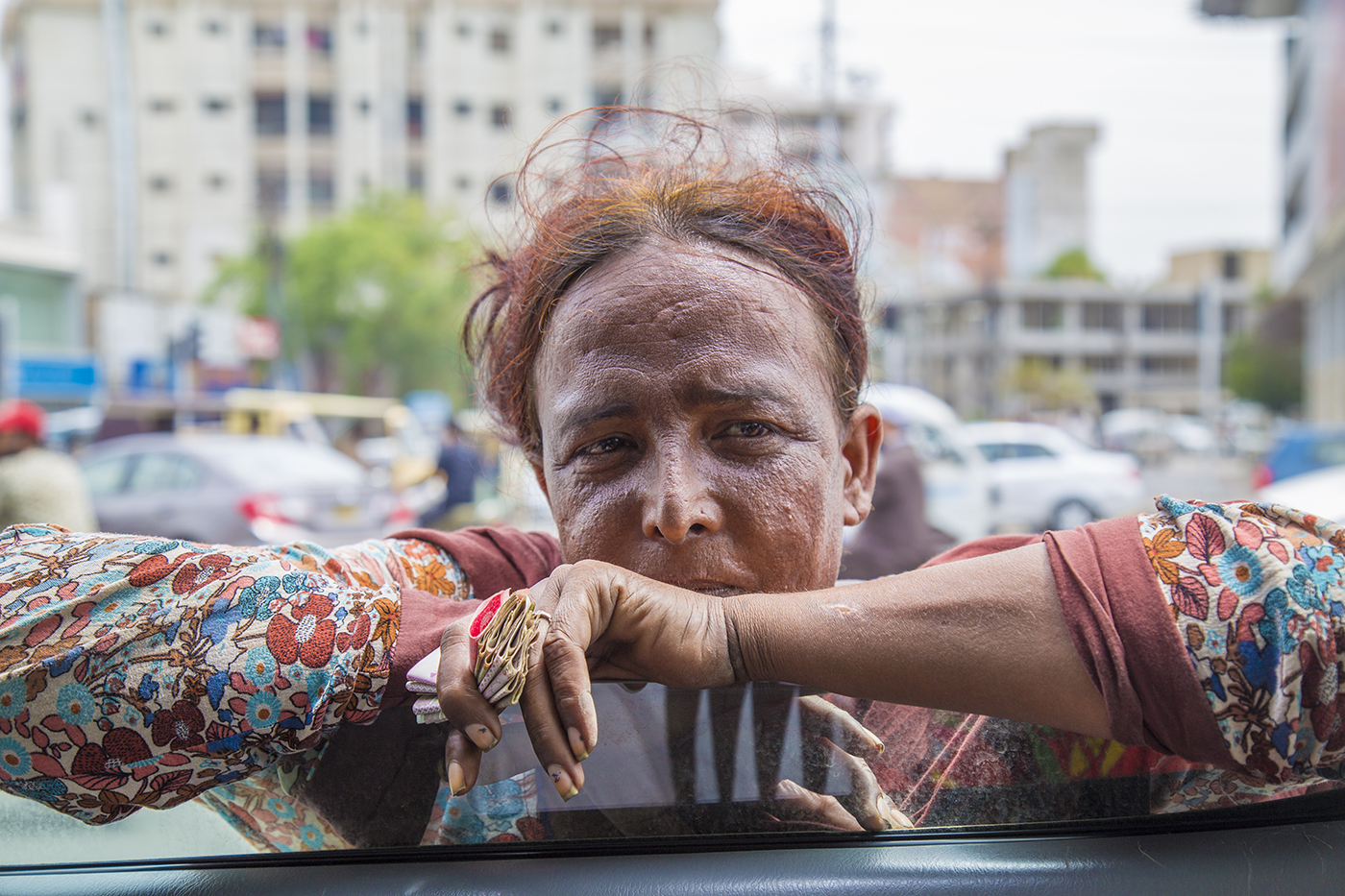By: Aizaz Irshad
Introduction:
In the global spotlight of transgender rights, Pakistan grapples with complexities, with Swabi serving as a microcosm of challenges and progress. This article illuminates the unique dynamics of the transgender issue in Pakistan, zooming in on Swabi.
Historical Context:
Traditionally on society’s fringes, hijras in South Asia have seen incremental changes in Pakistan. The Supreme Court’s 2009 recognition of a third gender on national IDs marked a significant step toward inclusivity.
Challenges Faced in Swabi:
Despite legal strides, Swabi battles social stigma, discrimination, and limited opportunities, hindering the socio-economic progress of the transgender community. Implementation of rights remains uneven, leaving transgender individuals marginalized.
Community Activism:
Swabi’s transgender community actively challenges adversity. Advocacy groups tirelessly work on awareness campaigns, legal advocacy, and educational workshops to translate rights on paper into tangible improvements.
Healthcare Disparities:
Access to healthcare is a critical concern in Swabi. Discrimination within the healthcare system leads to avoidance. Addressing this requires policy changes and cultural shifts toward inclusive practices.
Intersectionality of Challenges:Recognizing the intersectionality of challenges such as socio-economic status and geographical location is crucial for developing holistic solutions in Swabi.
Government Initiatives:
While commendable, government initiatives, like the dedicated desk established in 2018 in the Khyber Pakhtunkhwa province, need active transgender community involvement for effectiveness.
Social Empowerment Initiatives:
Community-driven projects focusing on skill development and creating safe spaces play a pivotal role in breaking societal barriers and challenging negative perceptions.
Educational Reforms:
Implementing reforms for transgender-inclusive curricula and safe educational environments is crucial in fostering understanding and empathy in Swabi.
Cultural Sensitization:
Cultural sensitization programs bridge gaps by fostering dialogue and understanding between communities within Swabi, challenging deep-seated prejudices.
Media Representation:
Positive and accurate portrayals of transgender individuals in the media contribute to changing societal attitudes, reducing stigma and discrimination.
Legal Enforcement and Protection:
Strengthening legal protections and ensuring swift justice against discrimination is imperative in Swabi. Collaborative efforts can enhance the implementation of existing legal provisions.
Building Alliances:
Establishing alliances between advocacy groups, government bodies, NGOs, and local communities is essential for sustainable progress in Swabi.
Ongoing Dialogue:
Continuous dialogue between stakeholders is essential for addressing evolving challenges. Regular forums can facilitate the exchange of ideas, leading to informed policies in Swabi.
Conclusion:
Swabi’s transgender issue demands comprehensive solutions for a more inclusive future. While progress has been made, collective responsibility from government, society, and the transgender community is vital for meaningful change. Swabi can become a model for positive transformation by addressing legal, social, educational, and cultural dimensions collaboratively.


